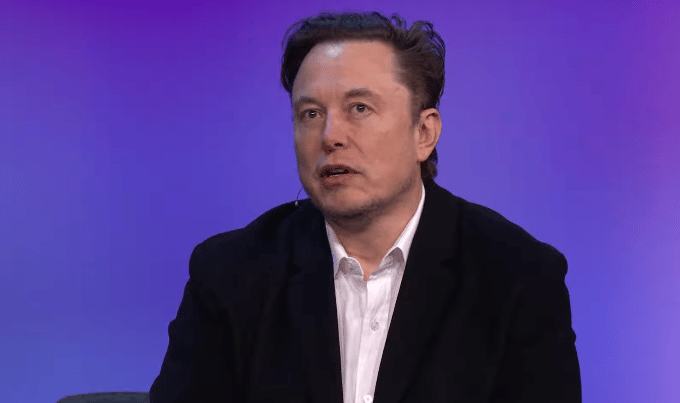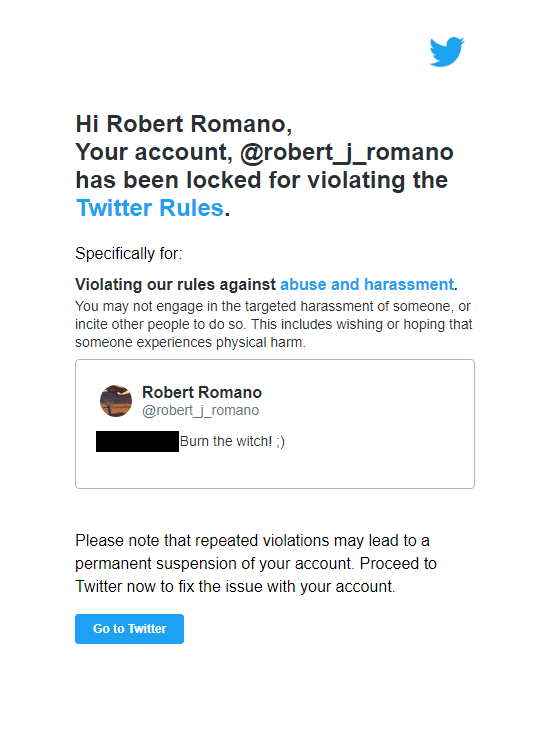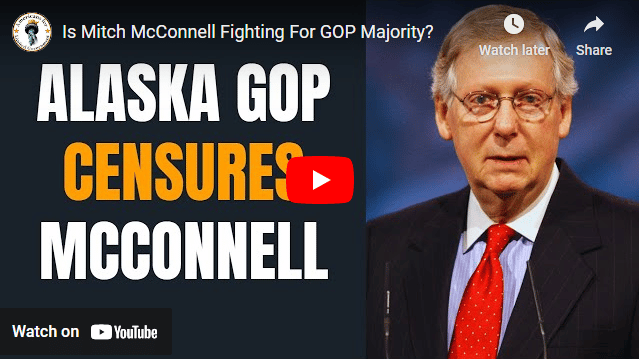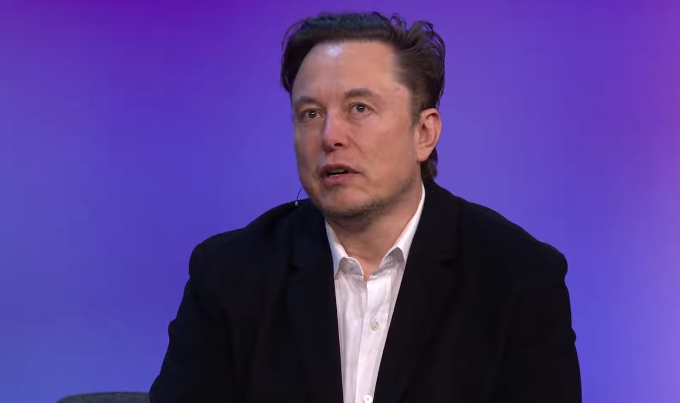Oct. 31, 2022
Permission to republish original opeds and cartoons granted.
Elon Musk promises ‘common digital town square’ Twitter ‘to help humanity’ and ensure dialogue

By Robert Romano
“The reason I acquired Twitter is because it is important to the future of civilization to have a common digital town square, where a wide range of beliefs can be debated in a healthy manner, without resorting to violence.”
That was Elon Musk on Oct. 27 addressing his purchase of Twitter in a tweet — now made official on Oct. 28 — to both advertisers and the general public, citing the need for humanity to have at least one place in the world where individuals can speak out, without fear of reprisal, even if their views are unpopular.
Under the current system, Musk suggested that the media landscape has profited off of polarization, saying the price has been a true dialogue: "In the relentless pursuit of clicks, much of traditional media has fueled and catered to those polarized extremes, as they believe that is what brings in the money, but in doing so, the opportunity for dialogue is lost."
That is certainly true. By suppressing some views but not others, or by calling attention to some views but not others, Twitter has been playing a vital cultural and social role as an agenda setter and legitimizer of what’s important and what’s not—and this has certainly resulted in a partisan political favoritism, all under the guise of a terms of service.
Driven by Environmental, Social and Governance (ESG) investing, social media platforms like Twitter have pursued aggressive Diversity & Inclusion, internal racial and gender hiring quotas and diversity sensitivity training, and outwardly, have policed speech on the platform that does not agree with those objectives.
In 2020, Twitter’s ESG report declared that would not “amplify” the speech of some on their platform: “Freedom of speech is a fundamental human right — but freedom to have that speech amplified by Twitter is not. Our rules exist to promote healthy conversations.”
Also, “We aim to strike an appropriate balance between empowering freedom of expression and creating a safe service for participatory, public conversation.” Meaning, under old Twitter, some users had more freedom of expression than others.
To be fair, Musk also said there will still be some limitations on speech, but they will be user-directed preferences and maturity settings instead: “Twitter obviously cannot become a free-for-all hellscape, where anything can be said with no consequences! In addition to adhering to the laws of the land, our platform must be warm and welcoming to all, where you can choose your desired experience according to your preferences, just as you can choose, for example, to see movies or play video games ranging from all ages to mature.”
Allowing users to filter content based on maturity certainly would be a departure from the old system, but it remains to be seen if algorithms will still be used to remove content deemed violent.
Anecdotally, my personal Twitter account was recently, temporarily suspended for writing as joke, “Burn the witch!” as a joke to a fellow user who was writing that witch hunts are essentially stupid. The algorithm errantly suggested it was “targeted harassment.”

To keep my account, I was forced a choice to either delete the content, or leave it there under the suspension. I chose to delete it, and was unable to post for about a day before the suspension was lifted. That’s a broken system where even the jest “Burn the witch!” was censored by Twitter’s algorithm.
I am not alone. This toxic combination of government-directed corporate censorship is the perverse incentive it creates to report on fellow Twitter users, knowledgeable that violations of Twitter’s terms of service is a bannable offense.
These are not new problems. In John Stuart Mill’s On Liberty, the philosopher warned how a tyranny of the majority could impose censorship that would be “more formidable” than even governmental censorship and that it could “enslav[e] the soul” with little room for escape.
Mill wrote, “[W]hen society is itself the tyrant — society collectively over the separate individuals who compose it — its means of tyrannising are not restricted to the acts which it may do by the hands of its political functionaries. Society can and does execute its own mandates; and if it issues wrong mandates instead of right, or any mandates at all in things with which it ought not to meddle, it practices a social tyranny more formidable than many kinds of political oppression, since, though not usually upheld by such extreme penalties, it leaves fewer means of escape, penetrating much more deeply into the details of life, and enslaving the soul itself.”
In every way possible, social media is the “marketplace of ideas” that Mill and others championed, but it has to be protected or else it can be lost. Mill wrote, “Protection, therefore, against the tyranny of the magistrate is not enough; there needs protection also against the tyranny of prevailing opinion and feeling, against the tendency of society to impose, by other means than civil penalties, its own ideas and practices as rules of conduct on those who dissent from them; to fetter the development and, if possible prevent the formation of any individuality not in harmony with its ways, and compel all characters to fashion themselves upon the model of its own.”
As Mill warned, “there [still] needs protection also against the tyranny of prevailing opinion and feeling, against the tendency of society to impose… its own ideas and practices as rules of conduct on those who dissent from them…”
Nor is the problem of factions anything new. James Madison wrote in the Federalist No. 10, “There are again two methods of removing the causes of faction: the one, by destroying the liberty which is essential to its existence; the other, by giving to every citizen the same opinions, the same passions, and the same interests. It could never be more truly said than of the first remedy, that it was worse than the disease. Liberty is to faction what air is to fire, an aliment without which it instantly expires. But it could not be less folly to abolish liberty, which is essential to political life, because it nourishes faction, than it would be to wish the annihilation of air, which is essential to animal life, because it imparts to fire its destructive agency.”
Madison continued, “The second expedient is as impracticable as the first would be unwise. As long as the reason of man continues fallible, and he is at liberty to exercise it, different opinions will be formed. As long as the connection subsists between his reason and his self-love, his opinions and his passions will have a reciprocal influence on each other; and the former will be objects to which the latter will attach themselves. The diversity in the faculties of men, from which the rights of property originate, is not less an insuperable obstacle to a uniformity of interests. The protection of these faculties is the first object of government.”
Here, Madison is noting that factions and differing opinions are all a part of liberty, and that government’s foremost job is to protect liberty. But it is also the job of society to protect liberty as well. To create the conditions for it. Again it is not an easy task. As Mill noted, “There is a limit to the legitimate interference of collective opinion with individual independence; and to find that limit, and maintain it against encroachment, is as indispensable to a good condition of human affairs as protection against political despotism.”
What that limit on liberty is Mill called “the principal question of human affairs.”
Mill laid out his principle, which was that “the sole end for which mankind are warranted, individually or collectively, in interfering with the liberty of action of any of their number is self-protection. That the only purpose for which power can be rightfully exercised over any member of a civilized community, against his will, is to prevent harm to others.”
But, as Mill wrote, “If all mankind minus one were of one opinion, and only one person were of the contrary opinion, mankind would be no more justified in silencing that one person than he, if he had the power, would be justified in silencing mankind.”
And yet, we see censorship on these platforms every day.
The best example—besides the thousands of conservative and other right-leaning voices who have been censored — might be the social media suppression of the Hunter Biden laptop story by the New York Post in 2020 at the directive of the FBI and other government censors, including the Cybersecurity Infrastructure and Security Agency, which has been coordinating with social media companies including Facebook and Twitter to combat what it says is foreign disinformation, misinformation and malinformation.
Musk says he will comply with the laws of the land, but he should realize that this government-directed censorship and coordination with social media on content, is an unconstitutional violation of the First Amendment even if it was partially codified through the creation of censorship agencies, and he need not participate. Instead, Twitter should reveal how the federal government has been censoring what amounts to constitutionally protected political speech so that it might be overturned in federal courts.
Musk warned that his quest for dialogue and free speech might fail: “I did it to try to help humanity, whom I love. And I do so with humility, recognizing that failure in pursuing this goal, despite our best efforts, is a very real possibility.” If so, if liberty and free speech are to fail, then, let it be because dissent was not tolerated by a tyrannical government, and not because complicit corporations agreed to tolerate the censorship. Let them burn the witch.
Robert Romano is the Vice President of Public Policy at Americans for Limited Government Foundation.
To view online:
Video: Is Mitch McConnell Fighting For GOP Majority?

To view online: https://www.youtube.com/watch?v=5MDSUfOp4ak

